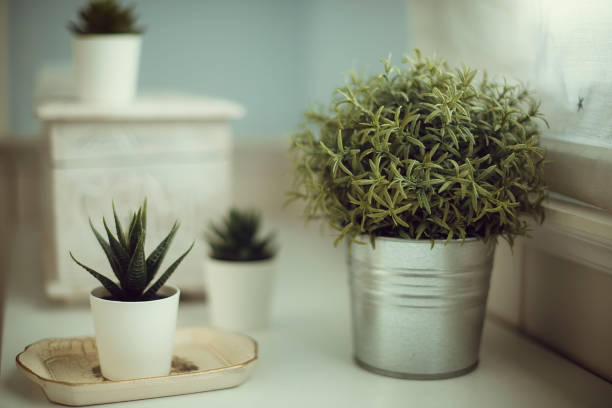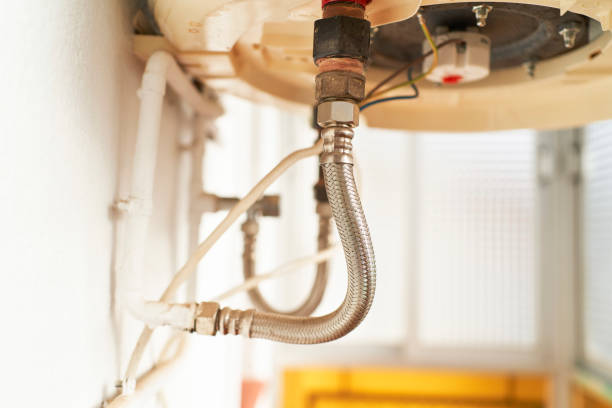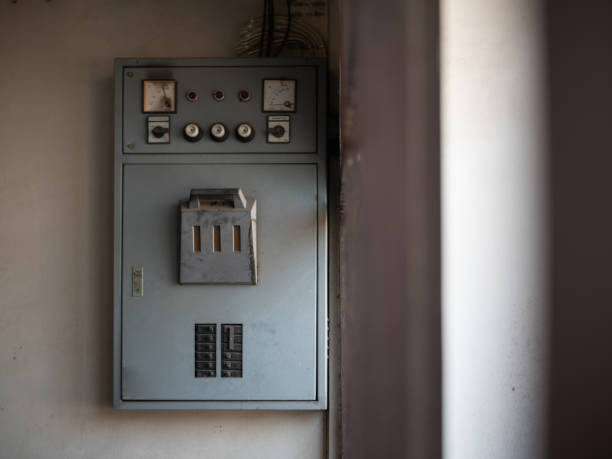Securing your home begins with selecting the right door locks, a decision that impacts both safety and peace of mind. With various types of locks available, each offering different levels of protection, homeowners must consider factors such as security needs, door type, and technological advancements. The right lock not only deters intruders but also provides convenience for everyday use, blending functionality with reliability.
Deadbolts remain the gold standard for exterior doors, offering superior resistance to forced entry compared to standard spring-latch locks. Single-cylinder deadbolts, operated with a key from the outside and a thumb turn on the inside, are common and effective for most homes. Double-cylinder deadbolts, requiring a key for both sides, provide added security for doors with nearby windows but may pose safety concerns during emergencies. For optimal protection, look for deadbolts with a minimum one-inch throw bolt and reinforced strike plates, which anchor the lock more securely into the door frame. Smart deadbolts have gained popularity, allowing keyless entry via codes, fingerprints, or smartphone apps while providing remote access monitoring—ideal for modern homeowners who value both security and convenience. Knob locks, often found on interior doors, should never serve as the primary security for exterior entries as they are vulnerable to tampering. Instead, they work best when paired with deadbolts to create layered security. Lever-handle locks, easier to operate than knobs, suit homes with elderly residents or individuals with mobility challenges but require anti-snap features to prevent break-in attempts. Mortise locks, embedded within the door, offer robust security and durability, commonly used in commercial buildings but increasingly found in high-end residential properties. Material and build quality significantly influence a lock’s longevity and resistance to wear or weather. Solid brass or stainless-steel locks resist corrosion and forced entry better than cheaper alloys, particularly important for exterior doors exposed to the elements. Look for locks certified by industry standards such as ANSI Grade 1, which indicates the highest level of residential security. Key control is another consideration—high-security locks with restricted keyways prevent unauthorized duplication, ensuring only approved individuals have access. Smart locks introduce advanced features like temporary access codes for guests, integration with home automation systems, and activity logs that track entries and exits. However, they require reliable power sources and cybersecurity measures to prevent hacking. Traditional mechanical locks, while lacking these features, provide dependable security without electronic vulnerabilities. Installation plays a crucial role in lock effectiveness. Even the strongest lock fails if the door or frame is weak. Reinforcing strike plates with longer screws, ensuring proper alignment, and choosing doors made of solid materials all enhance overall security. Professional installation guarantees correct fitting, though many homeowners can install standard locks with basic tools and careful attention to instructions. Choosing the right door locks involves balancing security, convenience, and durability. By evaluating your home’s specific needs—whether prioritizing smart technology, maximum physical resistance, or ease of use—you can select locks that provide reliable protection while fitting seamlessly into your lifestyle. A well-secured home not only safeguards your belongings but also ensures the safety of those inside, making informed lock selection an essential aspect of responsible homeownership.



